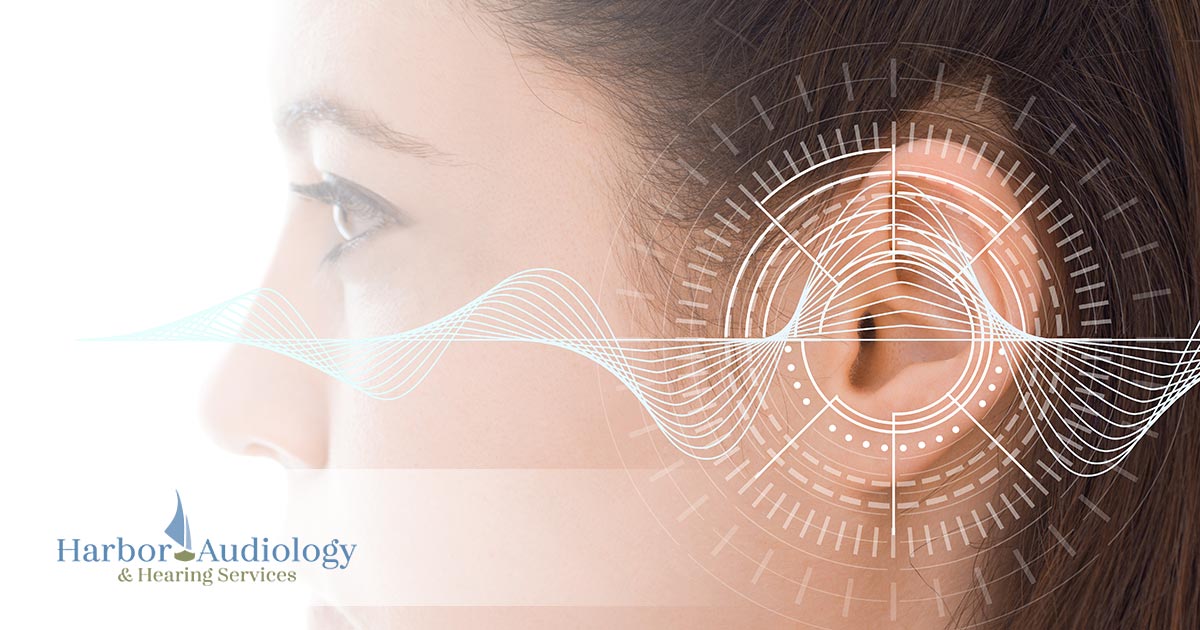
What Does Tinnitus Sound Like
Reviewed by Dr. Porter on May 4, 2020
Hearing and auditory problems are quite common, in many different forms. Unfortunately, people don’t like to talk about hearing loss, and when someone suffers from auditory problems, it can cause further communication problems. Although there are many types of hearing problems that affect people of all ages, tinnitus affects about 15 to 20% of people.
What is Tinnitus?
This ailment is characterized by a ringing, buzzing or hissing in the ears. There are two types:
- Objective Tinnitus your doctor can hear the ringing during an examination. This type is rare. Typically, it’s caused by muscle contractions or a middle ear bone condition.
- Subjective Tinnitus only you can hear the sounds. This is the more common type and one that has many different methods of attempted treatment. The Subjective variety can come and go or be persistent.
Ringing in your ears is usually a symptom of another problem. It often occurs in seniors due to age-related hearing loss, but it’s also associated with veterans of all ages. It can also be caused by an ear injury, or even a circulation disorder. The condition itself isn’t serious, but it does have its own complications. Mild cases are annoying in their nature, while severe cases can cause difficulty sleeping and make it hard to concentrate. Damage of this level can interfere with the ability to work and communicate.
Tinnitus is often associated with age-related hearing loss, but according to WedMD, it doesn’t cause the hearing loss, nor does hearing loss cause it. This is actually a problem in the area of the brain that processes hearing signals. One of the most common causes is exposure to loud noise, such as heavy equipment, firearms, or even frequent loud concerts. It can also be associated with some medical conditions, such as diabetes, high blood pressure, and cardiovascular disease.
What Does it Sound Like?
Each person experiences the issue differently. It might sound like crickets chirping, or it could sound like ocean waves. Sometimes, the sounds will change or intertwine. In some instances, it can be very loud, like screeching noises, but it can also be like the sound of static. It can often be difficult to describe the sounds you’re experiencing, but when you can tell your healthcare provider about the sounds, they can help you find a treatment option.
You should talk to your doctor about your symptoms, especially when the noises are persistent. They could be a side effect of a medication or another treatable condition. If you have pain in your ear or drainage along with these symptoms, this could be signs of an ear infection. Ringing in your ears and dizziness are also common signs of Meniere’s disease, or another neurological condition.
Can You Prevent Tinnitus?
Because there are so many causes, it can be difficult to prevent. However, you can do things to reduce your risk of developing it. You should protect your ears against infection, by routinely cleaning your earbuds and hearing aids. When you attend concerts or go to clubs, don’t sit or stand by the speakers if possible. Additionally, use earplugs if you are going to be exposed to loud noises for an extended period of time. As a good rule of thumb, if you can’t carry on a normal conversation over the noise, you need earplugs.

Will it Go Away?
This condition can be short-lived in some instances, such as after you go to a concert. Generally, the longer your symptoms last, the more imperative it is to see a doctor, because there are therapies that can reduce these symptoms. Treating the underlying cause can also alleviate the issue. Chronic ringing in ears lasts six months or longer, and it’s estimated to affect 50 to 60 million people. Talking to your healthcare provider can reveal potential sources. Some medications, such as aspirin, naproxen and antidepressants, can even cause it. Your healthcare provider can assess your condition based on your medical history and current conditions.
Another common cause is musculoskeletal problems, such as a jaw injury. Muscle tension in your neck can aggravate symptoms, as can a past injury to your jaw. Sometimes in cases such as this, massage therapy can reduce symptoms by easing tight muscles.
This condition may not be responsible for any hearing loss, but it can accompany it. Working with an audiologist can reveal what is contributing to the symptoms. In many cases the ringing sound may be heard in your ears, but the damage may actually be in your brain. Some people can ignore these sounds, while others find it to be very troublesome. If treating the underlying condition doesn’t help relieve symptoms, there are still other treatment options that can alleviate your discomfort.
- Hearing aids can mask the ringing sensation because they can enhance your hearing. Some hearing aids also have additional support because hearing loss and these symptoms often go hand in hand.
- Levo System is a sound therapy that is customized to your symptoms and works while you sleep to improve your quality of life.
- Low doses of anti-anxiety drugs can sometimes reduce the symptoms.
- Steroids placed in the middle ear may also help relieve this issue.
- Changing your lifestyle may help, too. Reduce exposure to things that contribute to the symptoms, such as smoking, alcohol consumption and loud noises.
- Use soft white noise, a fan or soft music, when you’re in a quiet setting to cover up the noise of symptoms.
Learning more about it to understand the disorder and to find ways that can alleviate symptoms is one way to cope with the condition. Additionally, counseling may help reduce your stress and anxiety, which can often make symptoms worse. Talking to others with this issue may help, too. In this case, you will want to make sure to find a support group that is facilitated by a healthcare professional to ensure you are getting accurate information. According to the Mayo Clinic, there is no scientific evidence that alternative medicine therapies can alleviate symptoms, however, people still try hypnosis, acupuncture, supplements, and vitamins. Make sure to tell your provider if you are using any over-the-counter products.
Get Treatment For Tinnitus Today
This issue can be very disruptive to your daily life. Don’t try to treat your symptoms on your own. Schedule an appointment with Harbor Audiology for a hearing evaluation today.
Categorised in: Hearing Loss, Signs & Symptoms, Tinnitus






